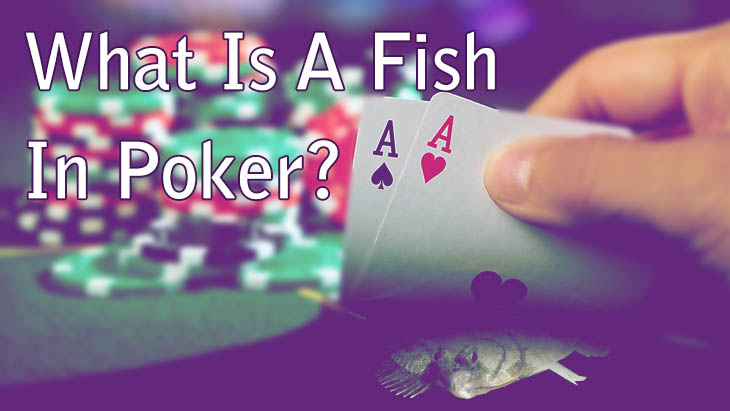
In the world of poker, players come in all shapes and sizes, with different levels of experience and skill. Some players are seasoned veterans with the sharp instincts of a shark. Others are just starting out with the unsuspecting innocence of a fish.
But what exactly does the term "fish" mean in poker, and how can you spot one at the table? In this post, we'll dive deep into the poker pond, shed light on the meaning of this infamous term, and offer tips on spotting a fish at the poker table.
What Does Fish Mean In Poker?
A "fish" in poker is a term used to describe an online casino player who is inexperienced and lacks the skill to make consistent decisions that could potentially lead to wins. As a result, these players often make poor choices at the table and are more likely to lose than to win. They are called "fish" because they are easy prey for more experienced players, who are often referred to as "sharks."
Fish are often easily identified by their playing style. They tend to play too many hands, call too many bets, and make poor decisions when it comes to bluffing and betting.
Fish are an essential part of the poker ecosystem and can be valuable assets for more experienced players. However, it's important to remember that all players start out as fish, and it takes time and practice to develop the skills needed to become a stronger player.
How To Spot A Fish At The Poker Table
Now that we've established what a fish is let's discuss how to spot one at the poker table. Here are a few tell-tale signs that you may be playing against a fish:
- They may play too many hands - Fish tend to play too many hands, even if they have poor cards. They often don't understand the importance of hand selection and play too aggressively.
- They may call too many bets - Fish often call too many bets, even if they have a weak hand. They may have a poor understanding of pot odds and how to calculate them.
- They make poor decisions when bluffing - Fish are often easily intimidated and make poor decisions when it comes to bluffing. They may bluff at the wrong time or call when they should be folding.
- They may let their emotions guide their decisions - Fish are more likely to let their emotions guide their decisions at the table. They may make impulsive moves or get caught up in the excitement of the casino game.
- They don't pay attention to the table - Fish often don't pay attention to what's happening at the table. They may miss important cues from other players, such as body language or betting patterns.
You can quickly identify fish at the table and adjust your strategy accordingly by keeping an eye out for these tell-tale signs. It's important to remember that just because someone is a fish doesn't mean they can't make a big hand or win a pot. However, by recognising a fish, you can make better decisions about when to bet, call, or fold.
Conclusion
In conclusion, fish are an important part of the poker ecosystem, and being able to spot them at the table can work in your favour in that you can adjust your strategy accordingly. But, if this sounds like you, remember that with time and practice, all players can develop the skills needed to become stronger players.
